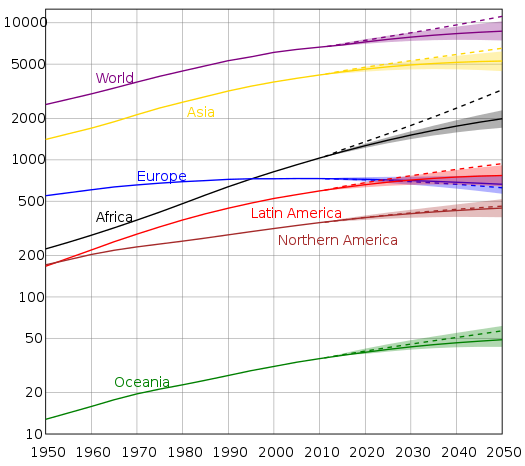That is a good synopsis.Philip wrote:
Clearly, this is not just about Hosea and Gomer the prostitute - it is also about and parallels Israel's unfaithfulness to the Lord. But it is a weird passage. Maybe someone can shed more light on it. Obviously, Hosea did not want to do this (marry Gomer), but he did obey God and he did love her - as God did, and as He loved Israel, despite it's unfaithfulness and evils.
The Northern kingdom of Israel had moved far away from any pretense of following Biblical law or the worship of Yahweh. They were committing idolatry and worshipping just about anything. 2 Kings chapter 17, describes in detail what they were doing which starts in verse 7, with the rejection of Yahweh and ends at verse 17. Their idolatry got so bad that they were offering their children as sacrifices as they burned their children alive to the god Molech, which was the final straw.
Idolatry in both the Old and New Testaments, is almost always and exclusively compared with either fornication or adultery. In other words, lack of faith. Unfaithfulness.
Gomer is a type or an example of unfaithful Israel.
Historically, the book of Hosea was divided into 4 parts that were read aloud in Synagogues. The first part is from chapter 1:1 to chapter 5:15.
If you notice, God tells Hosea to specifically name his three children:
Child one. Jezreel whose name means "coming judgment".
Child two. Lo-Ruhamah whose name means "not loved".
Child three. Lo-Ammi whose name means "not my people".
Follow through the book of Hosea through to chapter 5:15 and God claims that He will again redeem his people for He calls the children a different name, "Ruhamah" and "Ammi" meaning loved and my people, respectively.
The Minor Prophets are like tomorrow's news in a sense, prophetic examples, because what is written are given as examples of what it will be like before Christ's return. The words "latter days" is used on numerous occasions in the Minor Prophets, including in the book of Hosea.
As for the OP, from a Christian perspective, it is. Best said in 1 Cor 6 and Galatians 5.
1 Cor 6:9 Do you not know that the unrighteous shall not inherit the kingdom of God? Be not deceived: neither fornicators, nor idolaters, nor adulterers, nor effeminate, nor abusers of themselves with mankind,
1 Cor 6:10 Nor thieves, nor covetous, nor drunkards, nor revilers, nor extortioners, shall inherit the kingdom of God.
Galatian 5:19 Now the works of the flesh are manifest, which are these; Adultery, fornication, uncleanness, lasciviousness,
Galatians 5:20 Idolatry, witchcraft, hatred, variance, emulations, wrath, strife, seditions, heresies,
Galatians 5:21 Envyings, murders, drunkenness, revellings, and such like: of the which I tell you before, as I have also told you in time past, that they which do such things shall not inherit the kingdom of God.
The true harm of all sin is that people who sin and who do not repent, do not enter the Kingdom of God. They can however, enter the Kingdom if they repent. Christ forgives sin. Paul reminded the Corinthians that some of them used to be habitual sinners but truly changed the way they viewed sin when they became believers in Christ:
1 Cor 6:11 And such were some of you: but you are washed, but you are sanctified, but you are justified in the name of the Lord Jesus, and by the Spirit of our God.
If a person does not become a believer in Christ and repents, then they should not be surprised at the outcome that awaits them after death. If a person does, what awaits them will be so fantastic, it will be greater than anything they could ever have imagined while they lived in the flesh.

